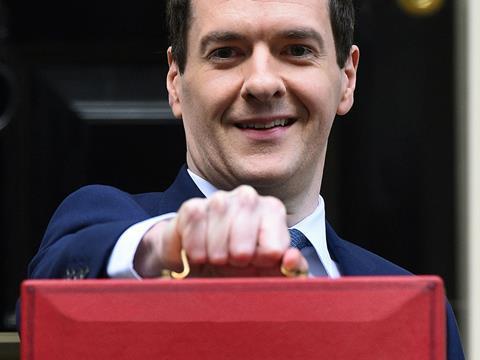
The sugar tax by numbers
- 8p: tax on the average 330ml can of high-sugar cola
- £1bn: cost of increased inflation in first year
- 48p: tax on a two-litre bottle of Pepsi, currently £1
- £520m: predicted levy raised for schools
Source: Office for Budget Responsibility
Soft drinks companies have been left stunned at the huge levy set to be piled on many of the country’s top-selling soft drinks, with the rate of taxation in some cases more than twice that called for by Jamie Oliver and the health lobby.
Even after the Budget announcement, campaign groups such as Action on Sugar were calling on the government to push ahead with a 20% tax on fizzy drinks.
Yet under the two-tier system proposed by the Treasury, the rate would work out at closer to 50% for some products.
The higher levy of 24p per litre - for drinks that contain more than 8g of sugar per 100ml - will add the equivalent of an extra 8p to a 330ml can of high-sugar cola and a whopping 48p to a two-litre bottle.
A raft of products including Coca-Cola, Pepsi, Irn-Bru and Red Bull would all come under the higher bracket, whereas drinks containing 5g-8g of sugar per 100ml, including Coca-Cola Life and Fanta Orange, would pay a levy of 18ppl.
“It’s a dark day for the industry, a total car crash,” said one senior industry source. “That it’s based on a per 100ml levy gives no incentive whatsoever for portion control.”
FDF director general Ian Wright claimed the levy would lead to “less innovation and product reformulation” and was “certain to cost jobs”.
According to some sources, Treasury officials were “phoning around in a panic” this week, with “huge question marks” over how the levy will work in practice.
Several suppliers said it was too soon to say if they would pass the levy on to consumers but one admitted the cost would be so huge it would be difficult even for huge companies to swallow.
Osborne has given companies two years to prepare, with a consultation to be launched on how the levy will be implemented. The government said it hoped it would encourage more reformulation and push consumers towards healthier choices.
However, the Institute for Fiscal Studies warned the way the levy is structured could have unintended consequences.
“The proposed tax is levied per litre of product, which means that tax per gram of sugar is lower for more sugary products,” said analyst Kate Smith, citing the example of three litres of Coca-Cola and two litres of a Sainsbury’s energy drink with the same total sugar content but different levy rates.







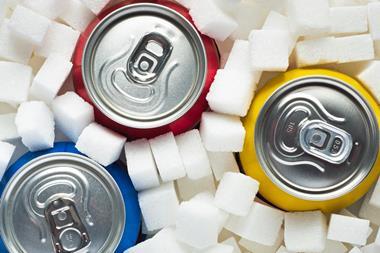
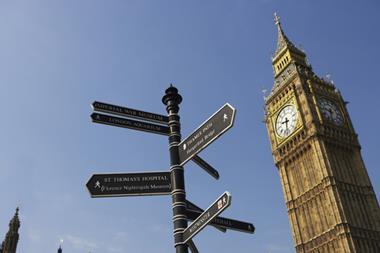
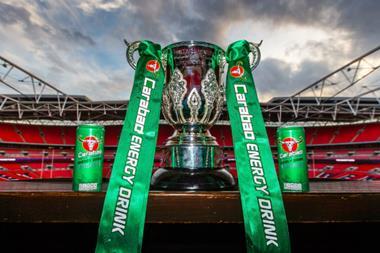
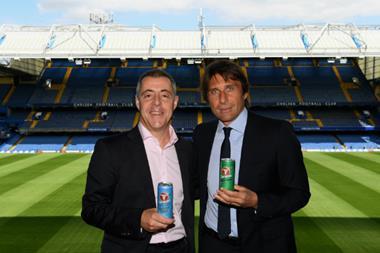
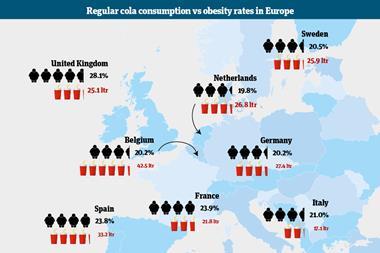
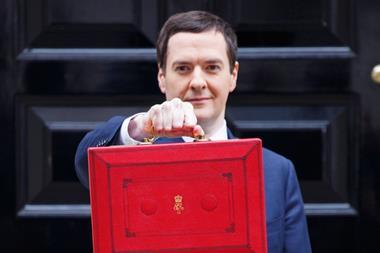

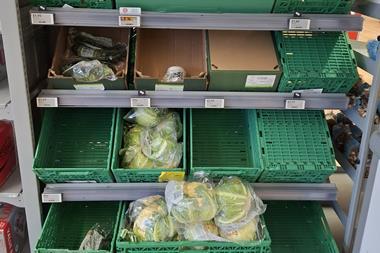
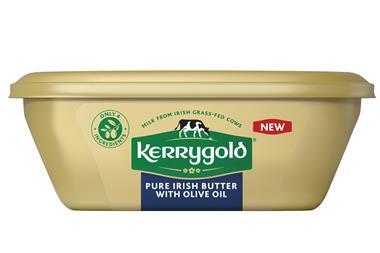


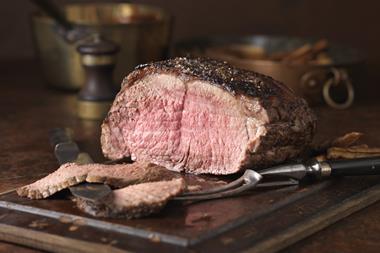
No comments yet